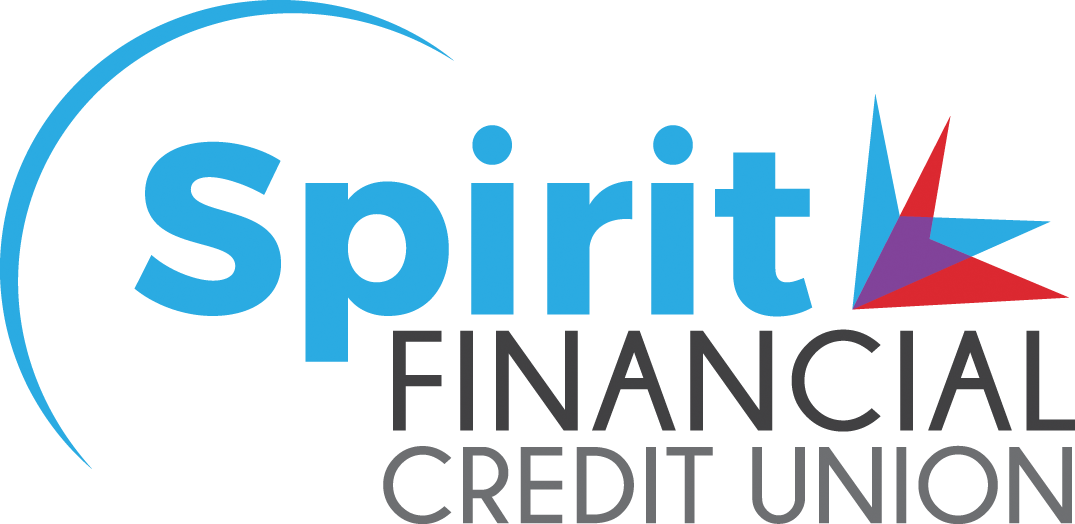4 Tax Season Scams to Avoid
Tax season is here, bringing with it an increase in tax-related scams. According to the IRS, thousands of people have lost millions of dollars and their personal information to tax scams. Scammers use regular mail, email, and phone calls to scam individuals, businesses, payroll, and tax professionals. Here are four tax season scams to avoid.
1 Fake tax preparers
Choose wisely when it comes to choosing your tax preparers. Tax return preparer fraud is one of the IRS’s “Dirty Dozen Tax Scams.” According to the IRS, taxpayers are legally responsible for what is on their return, even when it is prepared by someone else. To protect yourself, verify the validity of a tax preparer’s credentials. You can check a tax preparer’s qualifications using the IRS Directory of Federal Tax Return Preparers with Credentials and Select Qualifications.
Avoid tax preparers who:
Require payment in cash only and will not provide a receipt.
Will not sign the tax returns they prepare, often referred to as ghost preparers.
Do not provide you with a copy of your tax return.
Ask you to sign a blank return or sign a return in pencil.
Do not provide a Preparer’s Tax Identification Number (PTIN) on your tax return).
Claim they can get a much larger refund than other preparers.
Invent income to qualify their clients for tax credits.
Claim fake deductions to increase the size of a refund.
Direct funds into their bank accounts rather than the taxpayers.
A not properly licensed or registered.
2 Fake IRS communication
The IRS never initiates contact with taxpayers or requests personal information via email, text messages, or social media channels. The IRS initiates most contacts through regular mail from the United States Postal Service. To spot a fake letter, look for misspellings and grammatical errors, missing IRS logo, notice regarding a tax return you have not yet filed, or request payment to anyone other than the U.S. Treasury.
The IRS does not:
Demand that taxpayers use a specific payment method, such as a prepaid debit card, gift card, or wire transfer.
Ask for debit or credit card numbers over the phone.
Demand immediate payment without giving the taxpayer to question or appeal the amount owed.
Threaten to bring in local police, immigration officers, or other law enforcement agencies to arrest people for not paying.
Threaten to cancel your social security number.
3 Tax-related identity theft
This tax season, scammers are looking to steal your personal information, such as your social security number, birthdate, address, and other information they can use to steal your tax return. You may be the victim of tax-related identity theft if you try to file online or by mail and have your return rejected because the IRS states that a tax return connected to your social security number has already been filed. Another sign of fraud is being notified by the IRS that an account has been created in your name, but you didn’t make it. The best way to protect yourself from tax-related identity theft is to protect your social security number and other personal information.
To protect yourself, get an Identity Protection PIN (IP PIN) from the IRS. It’s a six-digit number that prevents someone else from filing a tax return using your social security number or individual taxpayer identification number. The IP PIN is known only to you and the IRS. Visit the IRS website to learn more about IP PINs and how to get one.
4 Tax-related phishing scams
A thief may trick you into providing personal information, financial account or credit card information, or passwords via a phony IRS website or over the phone by posing as an IRS representative. Never click on a link in a text, email, or social media unless you check the URL first and know exactly where the link will send you.
During tax season, scammers prey on fear. They know that tax season brings stress and a sense of urgency for taxpayers, which may leave taxpayers open to falling victim to a scam. One of the best ways to avoid a tax season scam is to slow down and verify everything. Scammers often try to rush you into immediate action.
We hope you find value in reading helpful tips like our four tax season scams to avoid. Read more information like this on the Spirit Financial Credit Union Blog each month, such as “Resolve to Revitalize Your Financial Health in 2023”.



